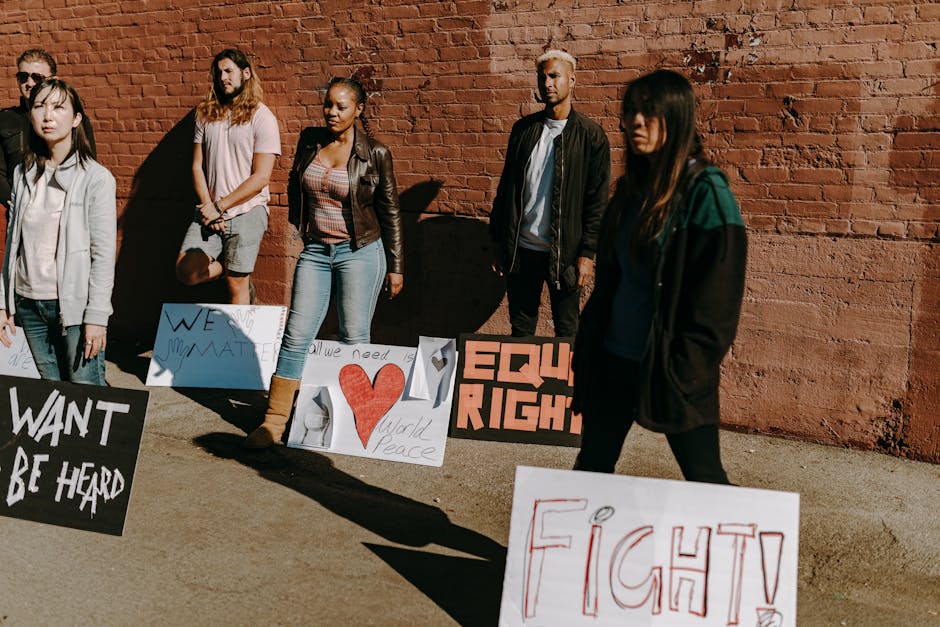Tunisia, once celebrated as the Arab world’s democratic success story after its 2011 revolution, now faces fierce international backlash over a widening crackdown on activists, journalists, and opposition voices. Human rights organizations warn of systemic injustice, unlawful detentions, and eroding freedoms under President Kais Saied’s government.
Is Tunisia Returning to Authoritarianism?
Since President Saied’s 2021 power grab—suspending parliament and rewriting the constitution—Tunisia has seen a sharp decline in civil liberties. Initially framed as an anti-corruption measure, his actions have spiraled into what critics call an assault on democracy.
Dozens of activists, lawyers, and politicians have been detained under broad charges like “conspiracy against the state” and “spreading false news.” High-profile arrests include lawyers Ayachi Hammami and Sonia Dahmani, detained after criticizing the government.
Rights Groups Warn of “Weaponized Justice”
Amnesty International, Human Rights Watch, and local NGOs report a surge in repression. Amnesty’s latest findings highlight Tunisia’s “judiciary being weaponized” to punish dissent, with prolonged detentions and restricted due process.
Heba Morayef, Amnesty’s MENA Director, stated: “Tunisia is reviving pre-revolution tactics—arresting critics, suppressing speech, and criminalizing protest.”
The Tunisian League for Human Rights (LTDH) also documents violent police responses to protests, with security forces using excessive force against demonstrators denouncing economic hardship and political repression.
Media Blackouts and Opposition Crackdowns
Independent media face growing threats. Journalists risk prosecution under Decree-Law 54, a cybercrime law widely condemned as a tool to censor free speech.
Opposition parties, including Ennahda, have been targeted, with leaders arrested and rivals sidelined ahead of elections. “This isn’t just about individuals—it’s about dismantling opposition,” says analyst Zied Lakhdhar.
Global Outcry vs. Tunisia’s Defiance
The EU and U.S. have urged Tunisia to uphold rights, but Saied dismisses criticism as foreign meddling, insisting his measures combat “terrorism” and graft. Tunisia recently rejected UN human rights concerns, claiming its laws protect freedoms—a stance rights groups call false.
Tunisia’s Uncertain Future
With soaring inflation and unemployment, the crackdown risks further unrest. Activists fear a full dictatorship reversal, undoing the revolution’s achievements.
“If we lose rights now, we may never reclaim them,” warns activist Amina Mansour. As arrests climb, Tunisia’s democratic fate hangs in the balance.
Follow NextMinuteNews for updates.




